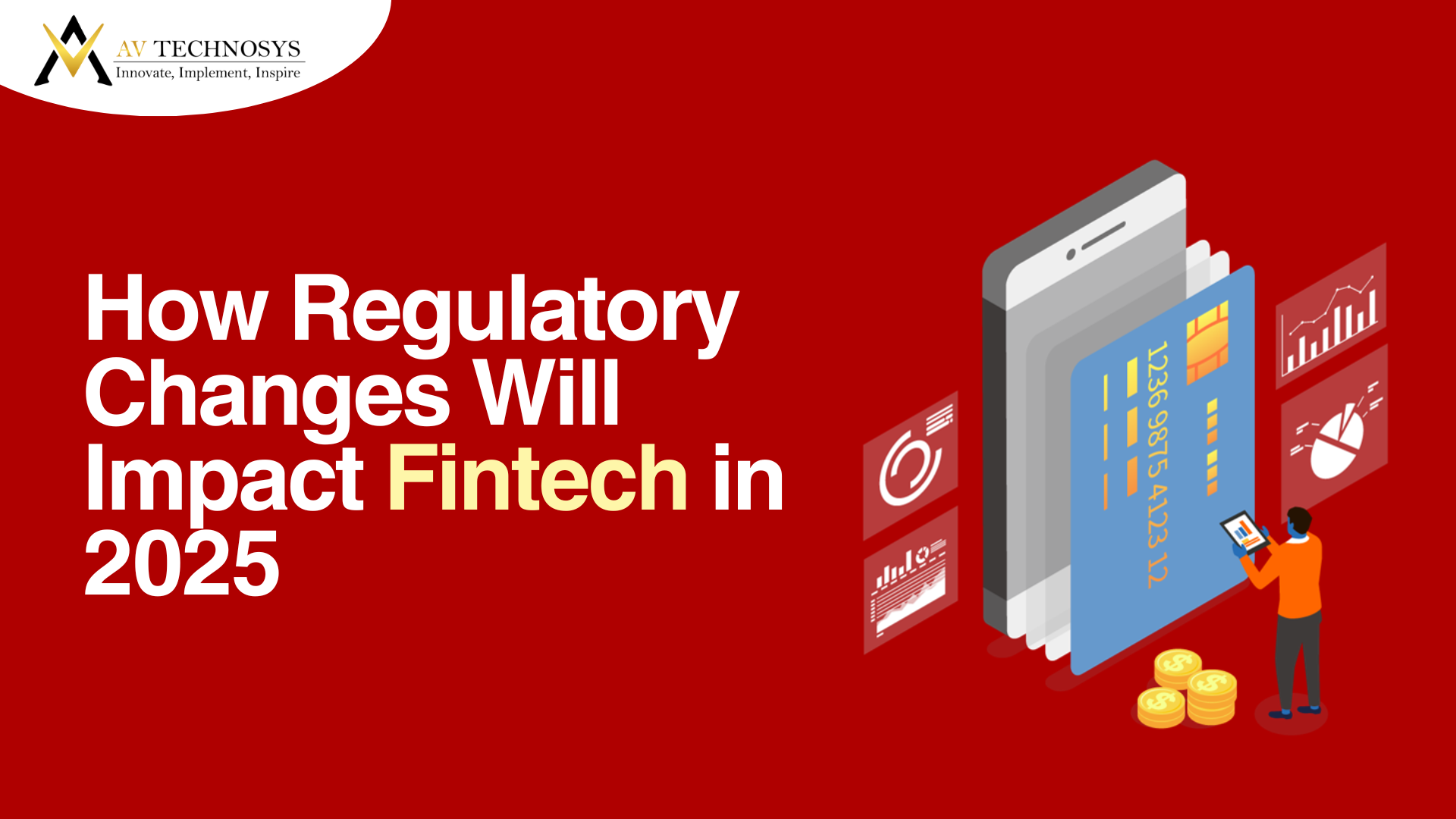What’s New in Car Rental App Development?
Discover the latest trends and features shaping car rental app development in 2025.


App Development
The car rental industry is undergoing a digital transformation. With urban mobility evolving and customer preferences shifting toward convenience and personalization, car rental app development is at the center of this revolution. Gone are the days when renting a car involved long queues and paperwork. Today’s car rental apps are smarter, faster, and more feature-rich than ever before.
In this blog, we’ll explore the latest innovations in car rental app development, the technologies shaping the industry, and what businesses need to stay competitive in 2025 and beyond.
The Shift in Consumer Expectations
Before we dive into technical advancements, let’s look at the broader trends shaping user expectations:
On-Demand Experience: Users expect to book a car in seconds, just like ordering food or booking a ride.
Contactless Transactions: Post-COVID, customers prefer minimal human interaction, digital KYC, and keyless entry.
Real-Time Availability: Dynamic car availability, location-based listings, and instant booking confirmations are now essential.
Sustainability Focus: More users are seeking electric and hybrid vehicles for rent.
All these expectations are influencing how car rental apps are built today.
1. Integration of AI and Machine Learning
Artificial Intelligence (AI) and Machine Learning (ML) are among the most significant game-changers in car rental app development.
Predictive Pricing
AI analyzes demand trends, location, and customer behavior to suggest optimal pricing in real time. This not only increases revenue for rental companies but also offers competitive pricing to users.
Smart Vehicle Recommendations
ML algorithms suggest cars based on previous bookings, preferences, trip types (business, leisure), or even weather conditions.
Chatbots for Instant Support
AI-powered chatbots provide 24/7 assistance, from answering FAQs to helping users modify their bookings.
2. IoT-Enabled Features
The Internet of Things (IoT) is enabling smart connectivity between mobile apps and vehicles, offering advanced control and monitoring.
Keyless Entry & Remote Start
Apps now allow users to unlock and start the car without a physical key, ideal for contactless rentals.
Vehicle Health Monitoring
Sensors track fuel levels, tire pressure, and engine status, and notify both users and rental companies in real time.
Geo-Fencing
Companies can create virtual perimeters for vehicles and receive alerts if a car goes outside the defined zone, helping reduce theft and misuse.
3. Blockchain for Secure Transactions
Blockchain is redefining how sensitive data is handled in car rental apps.
Transparent Contracts
Smart contracts eliminate disputes by ensuring terms and conditions are securely and transparently recorded.
Secure Identity Verification
Blockchain enhances digital identity verification by making KYC data tamper-proof and decentralized.
Payment Security
Decentralized payment systems and crypto integration offer users more secure and versatile payment options.
4. Enhanced Fleet Management for Businesses
Car rental apps are not just consumer-facing; they also come with backend dashboards for fleet managers.
Real-Time Vehicle Tracking
GPS integration allows real-time tracking of every vehicle in the fleet, ensuring better coordination and utilization.
Maintenance Scheduling
Fleet managers can receive automatic alerts when a vehicle needs servicing based on mileage or diagnostics.
Driver Behavior Analytics
Apps can monitor driving patterns, speeding, harsh braking, and suggest better driving practices.
5. Rise of Peer-to-Peer (P2P) Car Rental Platforms
Companies like Turo and Getaround have popularized the P2P model, allowing individuals to rent out their cars directly to others.
User-Generated Listings
App users can register their cars, set prices, and define availability, turning anyone into a micro-entrepreneur.
In-App Insurance & Verification
Built-in ID checks, insurance integrations, and rating systems ensure trust and safety within the community.
Revenue Sharing Models
The app automatically deducts a commission and pays the remaining amount to the car owner, simplifying revenue management.
6. EV Integration and Charging Locator
With the rise of electric vehicles (EVs), rental apps are adapting to include features tailored for EV users.
EV Fleet Availability
Users can filter for electric or hybrid vehicles based on preference or environmental concerns.
Charging Station Locator
Integrated maps show nearby EV charging stations, their availability, and compatible vehicle types.
Battery Range Predictions
Apps can predict remaining driving range based on terrain, usage, and weather conditions.
7. Advanced UI/UX and Personalization
User interfaces are becoming more intuitive, and app experiences are tailored to individual users.
Voice Search and Commands
Voice-enabled search allows users to find vehicles or locations without typing.
Personalized Dashboards
Return users are greeted with saved preferences, past bookings, and suggested upgrades.
Dark Mode and Accessibility
More apps are adopting features like dark mode, text-to-speech, and high-contrast layouts for inclusivity.
8. AR/VR in Car Rental Apps
While still in early adoption, Augmented Reality (AR) and Virtual Reality (VR) are opening new doors in the car rental experience.
AR Vehicle Preview
Users can place a virtual car in their driveway using AR before renting it, helping them assess size and design.
VR Car Tours
Immersive 360° VR tours let customers view car interiors and features before booking.
9. Multi-Language and Global Currency Support
For companies going global or operating in tourist hotspots, localization is key.
Multi-Language UI
Apps support multiple languages, including real-time translation for instructions and terms.
Multi-Currency Payments
Users can view prices and pay in their local currency, with real-time exchange rate conversions.
10. Integration with Wearables and Smart Assistants
The ecosystem is expanding beyond smartphones.
Smartwatch Integration
Book a car, check its status, or unlock it directly from your smartwatch.
Voice Assistant Commands
Google Assistant, Siri, and Alexa can now be used to book, cancel, or check car rental statuses.
Business Benefits of Adopting the Latest Trends
Upgrading your car rental app isn't just about meeting user expectations; it directly impacts your bottom line.
Increased Bookings: A modern UI and smoother UX reduce friction and drop-offs.
Higher Retention: Personalization and convenience keep users coming back.
Operational Efficiency: Automation in fleet tracking and maintenance cuts costs.
New Revenue Channels: Subscription models, dynamic pricing, and P2P hosting add to profitability.
Essential Features to Include in 2025 Car Rental Apps
To stay relevant, here are the must-have features for any new car rental app:
User Registration & KYC
Real-Time Vehicle Availability
AI-Based Recommendations
In-App Payments & Wallet
Keyless Entry Integration
Trip History & Invoice Management
Ratings & Reviews
24/7 Chat Support or AI Assistant
Fleet Management Dashboard (for businesses)
Loyalty Points or Rewards System
Conclusion
The car rental app industry is fast evolving with technology at its core. From AI-driven recommendations to IoT-powered vehicle control, the landscape is full of opportunities for startups, traditional rental businesses, and tech innovators alike.
If you’re planning to build or revamp a car rental app, now is the time to think beyond the basics. Focus on customer-centric design, real-time functionality, and future-proof features to ensure your place in this dynamic market.
Need help developing a modern car rental app?
Partner with AV Technosys to build high-performance, scalable, and smart car rental platforms. Whether it’s integrating AI or designing seamless booking flows, we’re here to drive your vision forward.
FAQs
Q1. What are the latest trends in car rental app development?
A: New trends include AI-powered fleet management, contactless rentals via QR code/biometrics, subscription-based models, integration of electric vehicles (EVs), and dynamic pricing algorithms.
Q2. How is AI transforming car rental apps?
A: AI enhances customer experience through chatbots, demand forecasting, vehicle maintenance alerts, and personalized rental suggestions. It also optimizes route planning and pricing.
Q3. Are car rental apps using blockchain?
A: Yes, some platforms are adopting blockchain for secure transactions, transparent vehicle histories, and smart contract-based bookings, which increase trust and reduce fraud.
Q4. What new features can I expect in modern car rental apps?
A: Key features include real-time vehicle tracking, remote unlocking, in-app document scanning, driver behavior analytics, multilingual support, and seamless in-app payments.
Q5. Is electric vehicle integration common in current apps?
A: Increasingly yes. Modern apps often support EV rentals with real-time battery status, nearest charging station locators, and green travel options.
📬 Get in Touch With Us
Name
Mobile No.
Message
Our Latest Blogs
Get the most recent information on trends, technology, and development insights.
View All Blogs

Ashish Bishnoi
07-05-2025
Discover how AI is reshaping fintech with key trends and real-world benefits driving innovation in 2025.

Veer choudhary
08-05-2025
Explore how new regulatory changes will shape the future of fintech in 2025 and beyond.

Veer choudhary
11-05-2025
Learn why fintech startups fail with real examples and key lessons to build smarter in 2025.
Our Technology Experts Are Catalysts for Digital Transformation
Book a Free call with Our Experts and Start Building the Future Today.

INDIA
238, 2nd floor, Purani Chungi,
DCM Road, Vaishali Nagar,
Jaipur, Rajasthan, 302017
+91 9983034111

UK
1-3 St Nicholas Street Worcester
WR1 1UW, United Kingdom
+44 7470994018

USA
15632 Lucy Lane ,
Frisco , TX , 75033
303-589-5158







